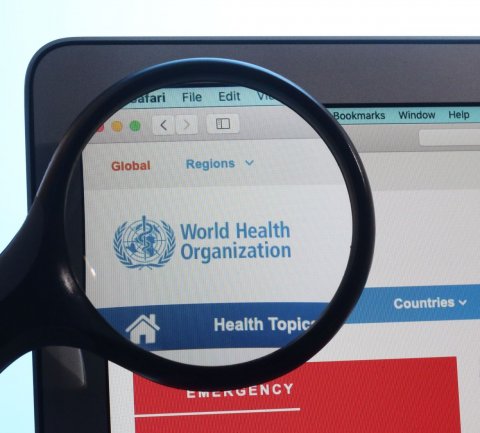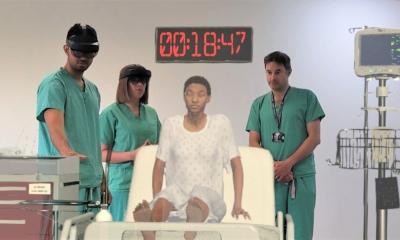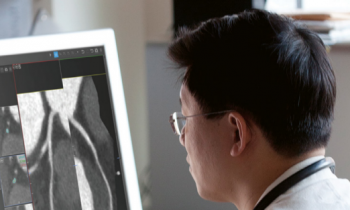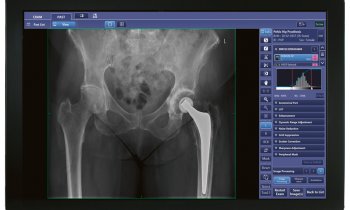News • WHO online courses
Corona, Ebola & Co: conveying life-saving knowledge in real-time
The corona pandemic, which has been rampant for a year, and the Ebola epidemic of 2017 have shown the value of online courses for the rapid worldwide dissemination of life-saving knowledge, the German Hasso Plattner Institute (HPI) points out.
One year ago, the World Health Organization (WHO) published its first online course on Covid-19 diseases. HPI head Prof. Christoph Meinel reflects on its impact.

More than 441,000 registrations were registered for this crash course with the title 'Introduction to COVID-19: methods for detection, prevention, response and control'. “Five days before the Geneva authorities declared the global emergency, this course went online,” says Meinel. “At this time, the new coronavirus did not even have its current name, but only the provisional designation 2019-nCoV.” The HPI provides the technology for the OpenWHO learning platform, which immediately after the Ebola outbreak in June 2017 helped to train the emergency services on site in the Congo and in other countries.
The computer science scientists at HPI developed the technology back in 2012 - for their own internet education platform openHPI. This makes the institute a pioneer in Europe among the providers of “Massive Open Online Courses” (MOOC) on information technology and innovation topics. The institute also looks after the help desk for the partner platform OpenWHO. Since January 2020, the employees have dealt with around 46,000 concerns from OpenWHO users. "With the help of our platform technology, the WHO can already reach more than two million healthcare experts in all member countries directly and train them quickly," reports Meinel. According to him, the usage figures have soared since December 2019 to 4.7 million course registrations - a growth of almost 2,700 percent. At peak times, the HPI servers therefore have to shoulder up to 30,000 requests per minute.
We adapt our content practically every week due to new scientific findings
Heini Utunen
The content is accessible not only for healthcare workers but open to all interested parties after registering. For real-time training on how to deal with Covid-19 diseases alone, OpenWHO now offers 148 online courses on 22 different topics in 43 languages. Since December 21, this has also includes a short course in English that provides the basic knowledge and skills necessary to vaccinate particularly vulnerable people against Covid 19 - depending on the priority rules of the member states. According to information from OpenWHO employee Heini Utunen, 70 percent of those taking part in such courses are between 20 and 39 years old. One third of the participants are healthcare workers and one third are students. Countries with most users are India (22%), Ecuador (10%), the USA and Mexico (each around 5%) and Bangladesh (4%).
"We adapt our content practically every week due to new scientific findings," said Utunen in October at the openHPI forum in Potsdam. The free OpenWHO content can also be used if there is no internet connection or only low bandwidth. WHO Director General Tedros Adhanom Ghebreyesus took the opportunity to congratulate on the one millionth OpenWHO registration via Twitter: "This is a tremendous achievement". The partners OpenWHO and openHPI recently received global recognition with the Gold “Learning Technologies Award 2020”. The award was presented in London on November 18th. The jury was particularly impressed by the rapid scalability of the platform technology.
Source: Hasso Plattner Institute (HPI)
20.01.2021











